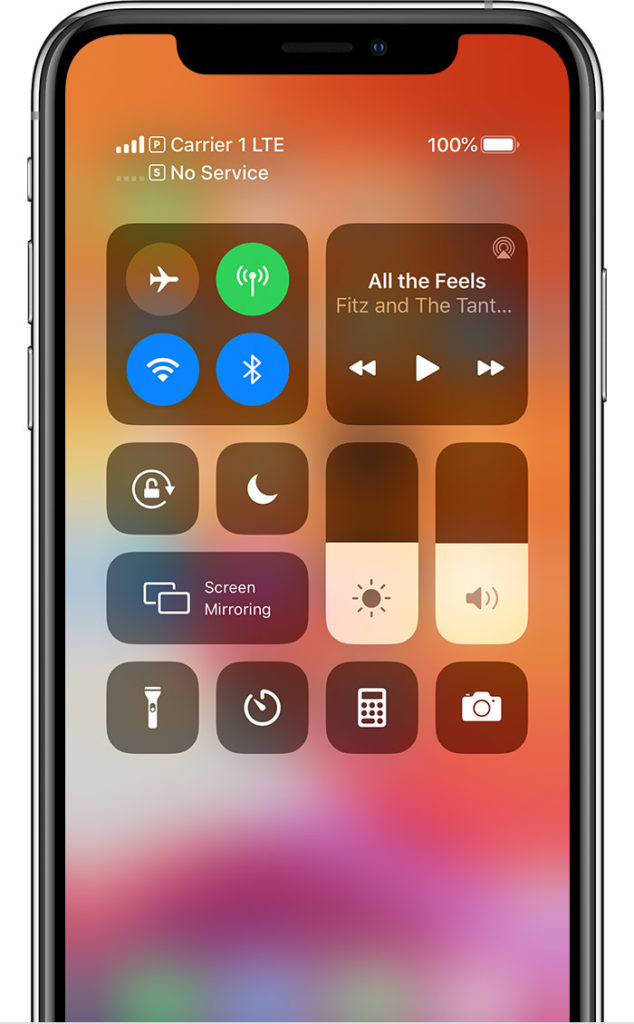The WiFi Problem

The COVID pandemic is going to substantially exacerbate educational inequities, in large part because poor people often lack access to decent wireless service:
Before the pandemic, it was called “the homework gap,” because of the growing number of teachers who assigned homework that required Internet access. Now, as the pandemic forces many schools to switch to remote learning, disconnected students will miss more than homework. They’ll miss all of school.
For all the talk of Generation Z’s Internet savvy, a stunning number of young people are locked out of virtual classes because they lack high-speed Internet service at home. In 2018, nearly 17 million children lived in homes without high-speed Internet, and more than 7 million did not have computers at home, according to a report prepared by a coalition of civil rights and education groups that analyzed census data for that year.
The issue affects a disproportionately high percentage of Black, Latino and Native American households — with nearly one-third of students lacking high-speed Internet at home. Students in Southern states and in rural communities also were particularly overrepresented. In Mississippi and Arkansas, about 40 percent of students lacked high-speed Internet.
After the closures prompted by the outbreak of the novel coronavirus, school systems rushed to buy and distribute laptops and WiFi hot spots to students, and service providers offered discounts to low-income families, efforts that made a dent in the numbers.
WiFi aside, I would assume that just getting a remote education compared to an in-person one would exacerbate inequities, as remote learning is much easier for well-prepared students to navigate. If people can’t even attend remote classes it’s obviously even worse.
People who said that re-opening schools was an urgent necessity weren’t wrong. But what this should have meant was “we need to make sure the virus is suppressed and if that means getting takeout from the Naples Spaghetti Depository instead of dining in we should do it.” Instead, in the U.S. it just meant “since it’s important to open schools, we should be able to do it whether we control the pandemic or not.” And here we are.


